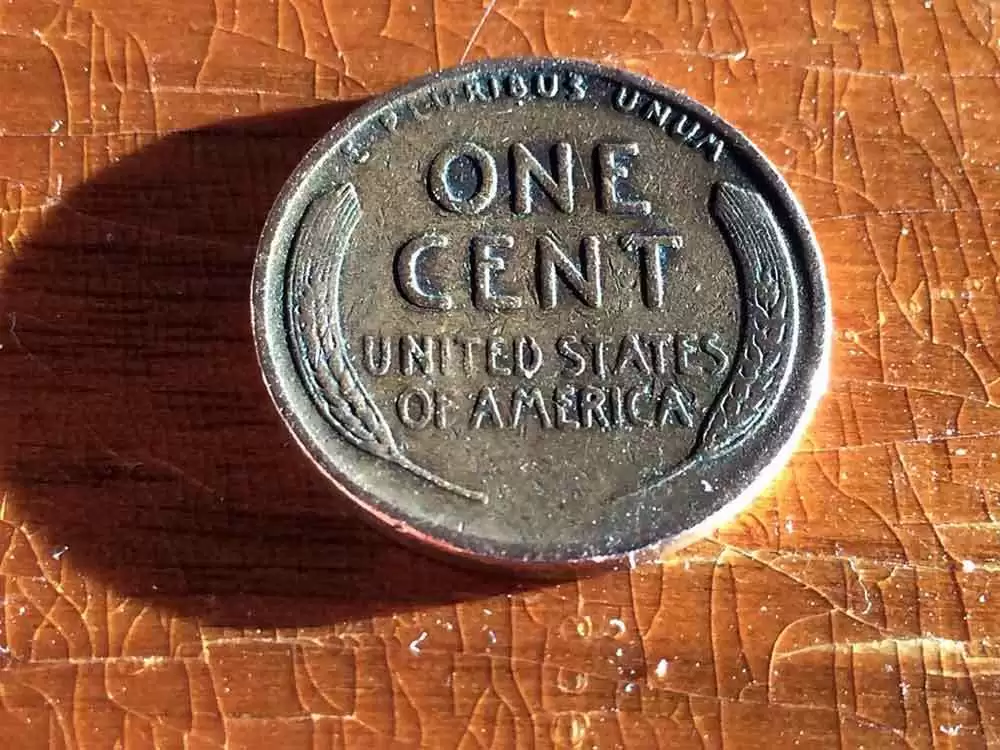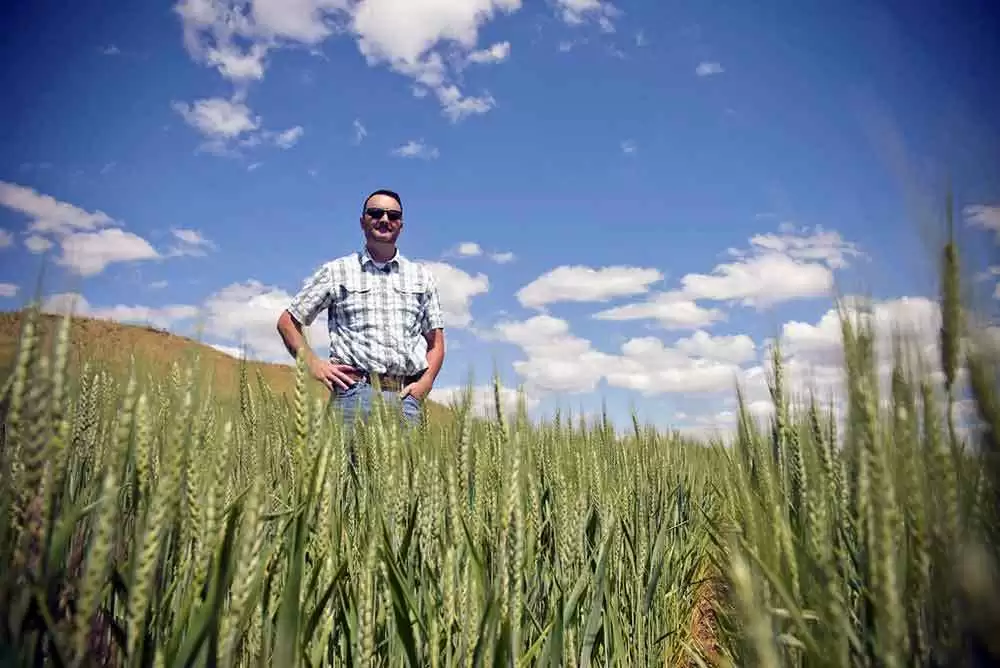
Celiac.com 07/31/2013 - People with celiac disease react to specific proteins in wheat, and a team of scientists from Washington State University are attempting to develop new varieties of wheat that suppress those proteins and are safe for those with celiac disease.
Currently, they can silence nearly 90 percent of the protein that causes a gluten reaction. They hope their research efforts will lead them to a strain that suppress 100% of the proteins that trigger gluten reactions.
Celiac.com Sponsor (A12):
Since people with celiac disease react to specific proteins in wheat, the simple solution is to eliminate those proteins to develop an allergy-free wheat.
According to the U.S. National Institutes of Health, wheat is made up of three groups of proteins : gliadins, low molecular weight glutenin subunits and high molecular weight glutenin subunits.
The majority of people with celiac disease can tolerate the high molecular weight glutenin proteins, so the Washington State scientists attempted to silence the genetic expression of the other proteins in wheat.
The high molecular weight glutenins are necessary for baking, so the wheat should produce flour suitable for a variety of breads and dough.
The researchers are using a genetic technique called RNA interference, that has enabled them to silence the expression of more than 80 percent of the wheat genes associated with autoimmune reactions.
“With our molecular genetic technologies we have wheat plants that silence 85.6 percent of the immunogenic genes,” said Diter von Wettstein, a plant science professor at Washington State. “The chances of getting plants with more than 90 percent silencing is good.”
Such wheat hybrids might not work for all people with celiac disease, but could they provide benefits for the majority of people with celiac disease?
What do you think? Would you try it? Share your thoughts below.
Read More at Open Original Shared Link.









Recommended Comments
Create an account or sign in to comment
You need to be a member in order to leave a comment
Create an account
Sign up for a new account in our community. It's easy!
Register a new accountSign in
Already have an account? Sign in here.
Sign In Now